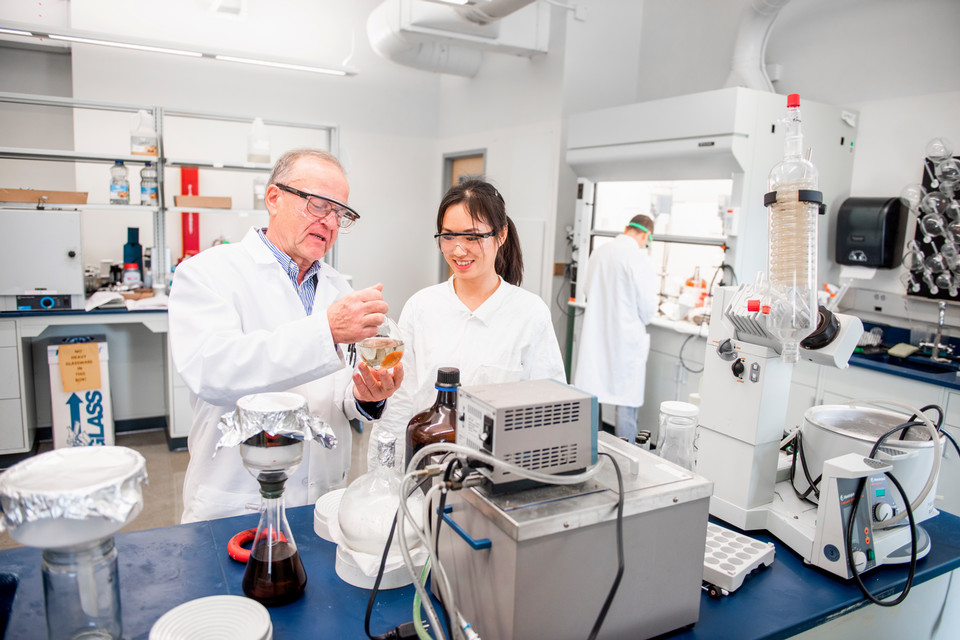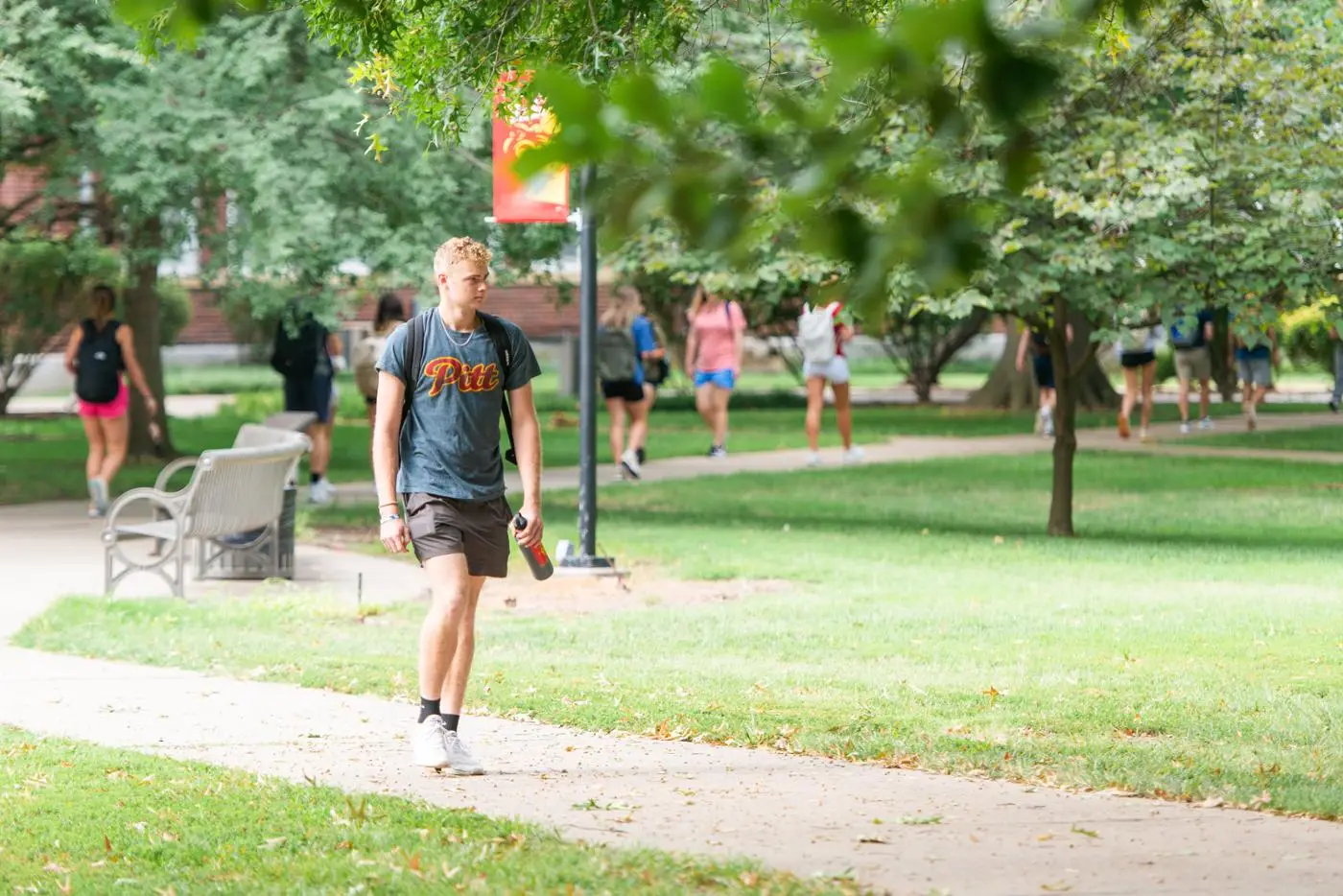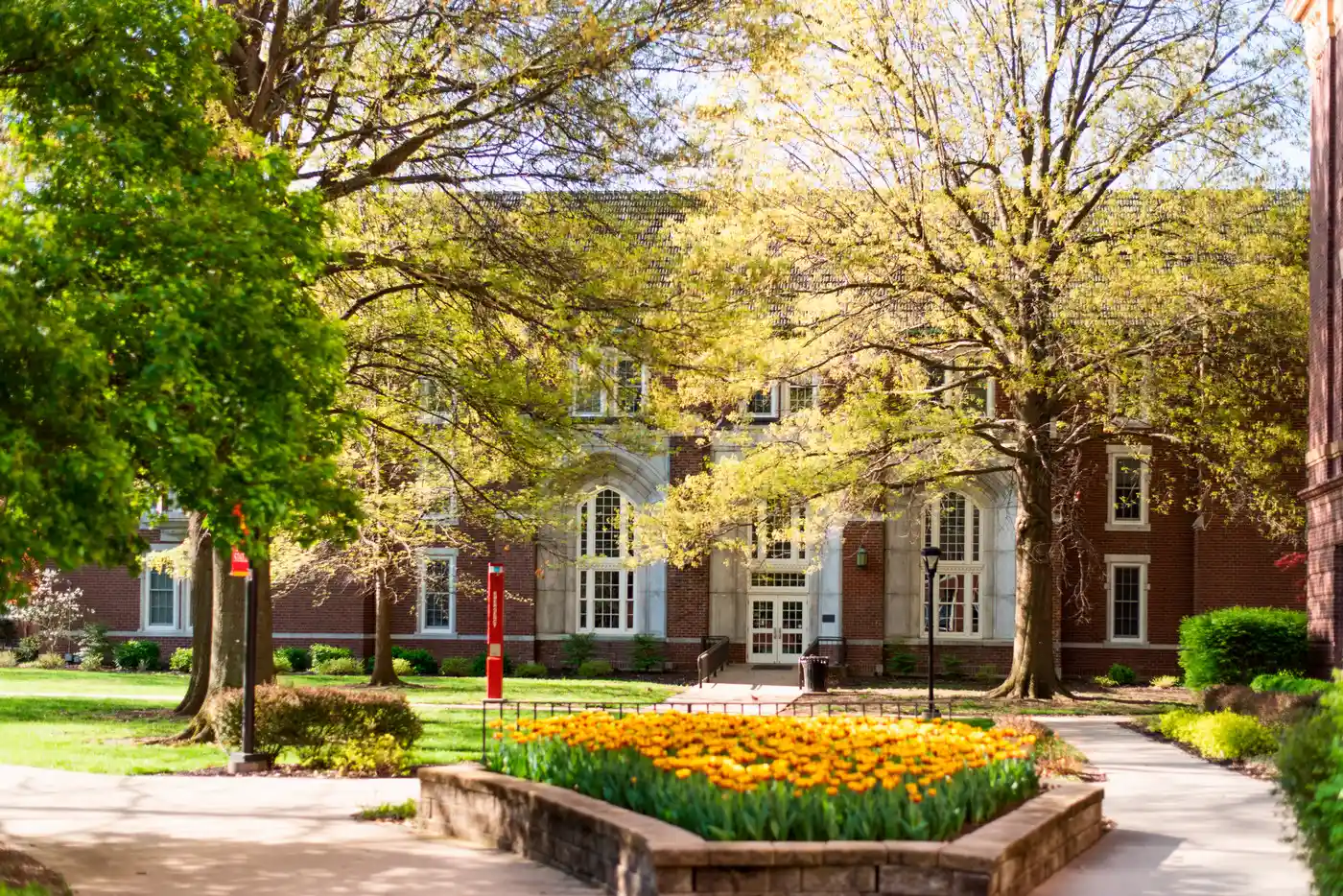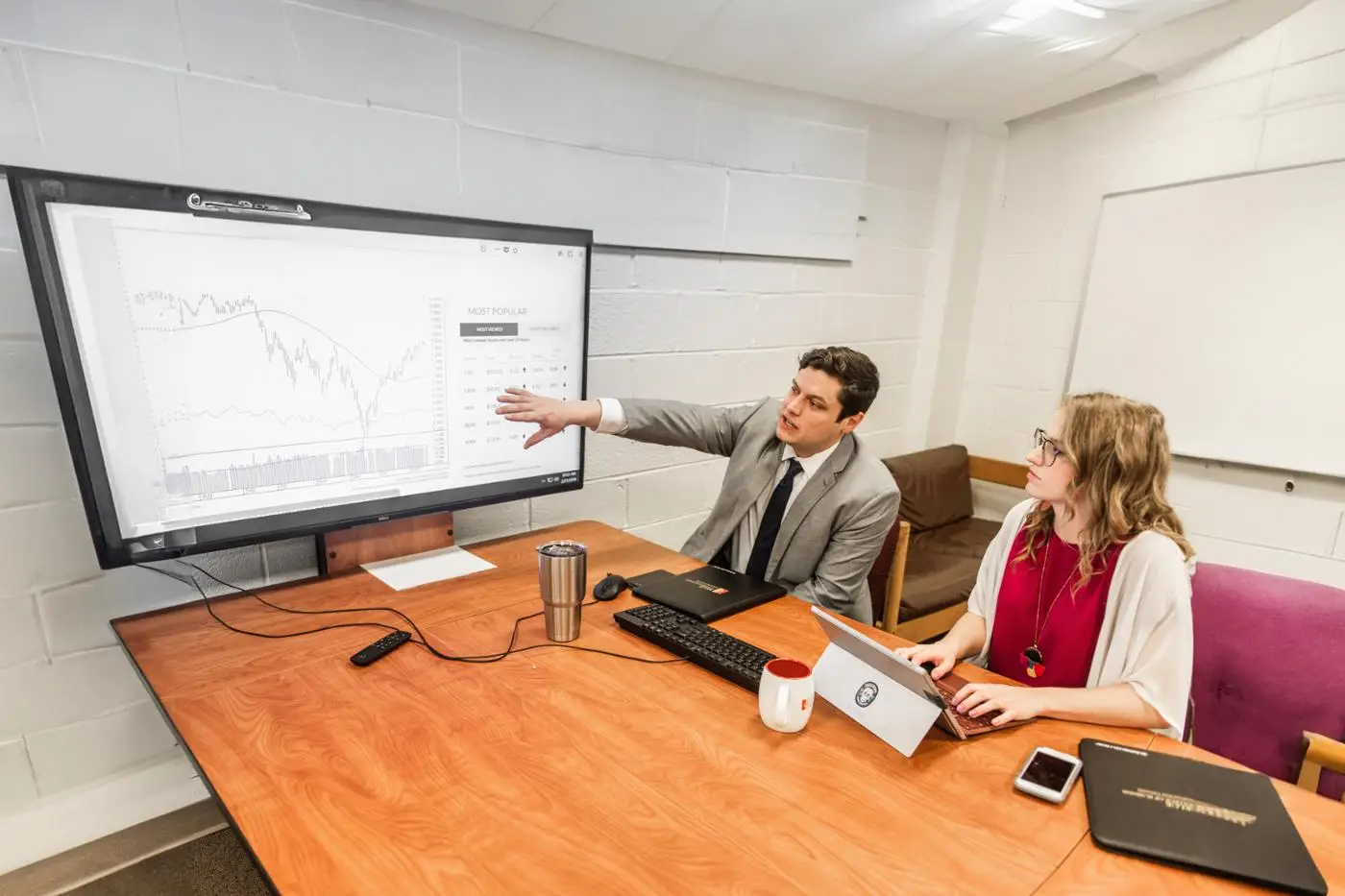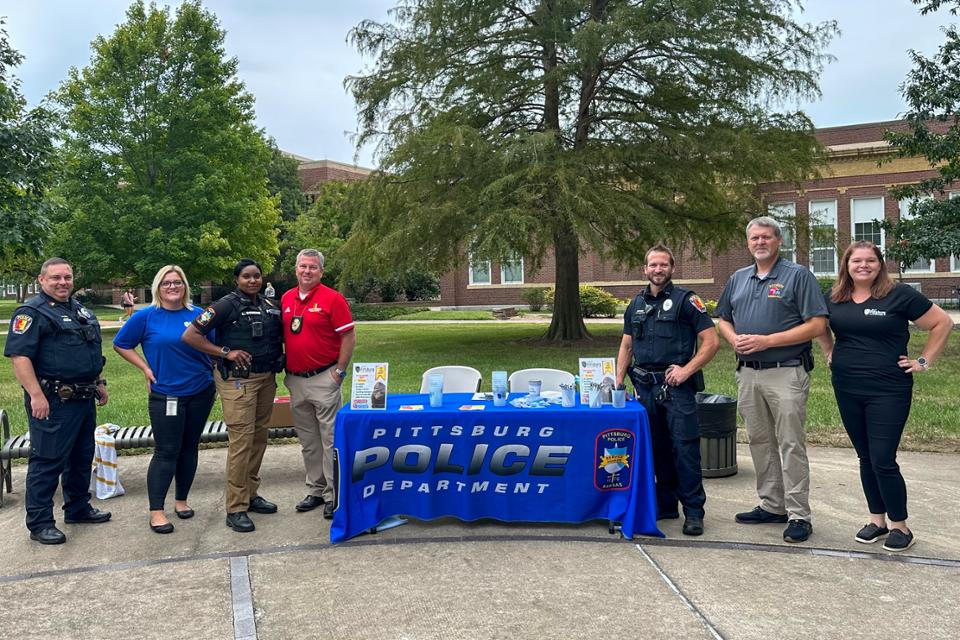Policy Library
Search policies
Find all university policies in one convenient place. Simply type a keyword, title, or phrase into the search bar to locate the policy you need.
Policies by category
Revisions/additions or new policy
Contact us
Cindy Johnson
Email: policy@pittstate.edu
Phone: (620) 235-4175
Pittsburg.
Our Community.
Our Community.
